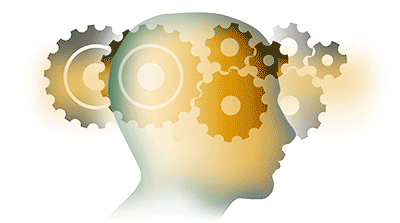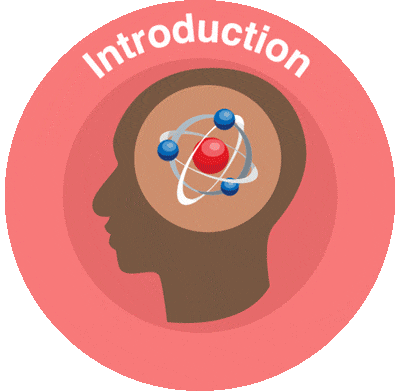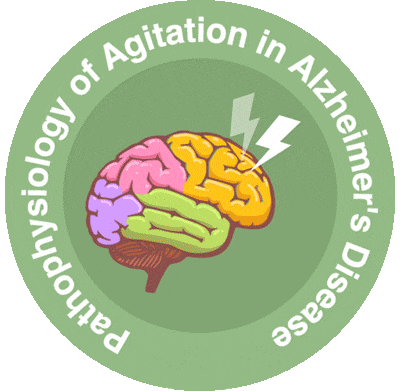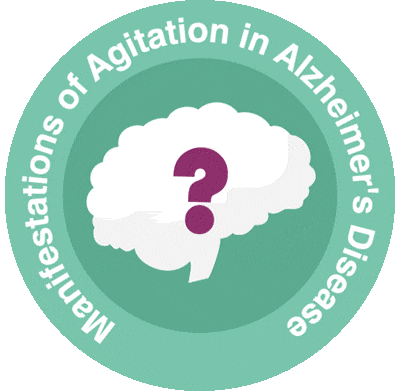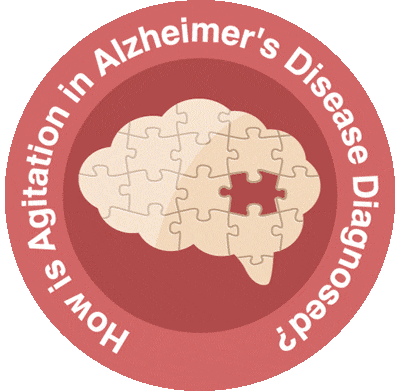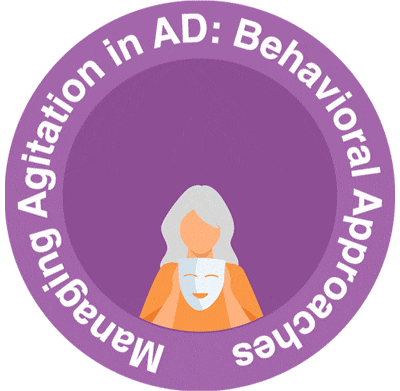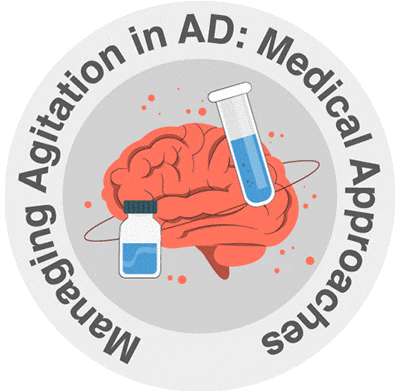 This activity is provided by Med Learning Group.
This activity is provided by Med Learning Group.
This activity is supported by an educational grant from Otsuka America Pharmaceutical, Inc. and Lundbeck.
Copyright © 2025 Med Learning Group. Built by Divigner. All Rights Reserved.

Managing Agitation in Alzheimer’s Disease: Behavioral Approaches
Managing agitation in Alzheimer’s disease should start with person-centered strategies like those highlighted in the box below.1
Person-centered strategies for improving agitation in Alzheimer’s disease2
- Provide education for the caregiver
- Enhance effective communication (verbal and nonverbal) between the caregiver and the person living with dementia
- Apply function-focused care to help maintain physical function and prevent frustration with not being able to perform various activities
- Create meaningful activities for the person living with dementia
- Simplify tasks and establish structured routines
- Simplify and enhance the living environment to ensure safety
Current guidelines recommend nonpharmacologic approaches such as music, aromatherapy, exercise, sensory stimulation interventions, animal-assisted therapy, and environmental modifications as a first-line approach to managing agitation in patients with Alzheimer’s disease.2
References
- Grossberg GT, Kolanowski A, Medders L, Sanford A, Scanland S. Understanding agitation in Alzheimer’s disease. Insights and Implications in Gerontology (https://issuu.com/gsastrategicalliances/docs/insightsimplicationsaad). August 2023.
- Reus VI, Fochtmann LJ, Eyler AE, et al. The American Psychiatric Association Practice Guideline on the use of antipsychotics to treat agitation or psychosis in patients with dementia (http://psychiatryonline.org/doi/book/10.1176/appi.books.9780890426807). Accessed 10/31/23.
